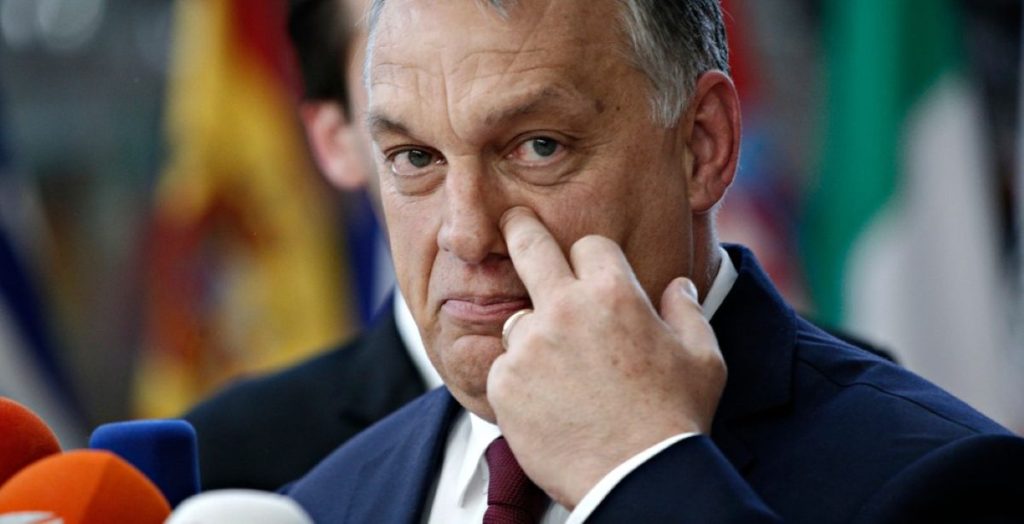Russia lacks the military strength to launch an attack on NATO.
Others are reading now
Russia lacks the military strength to launch an attack on NATO.
“Russia Is Too Weak to Attack NATO”
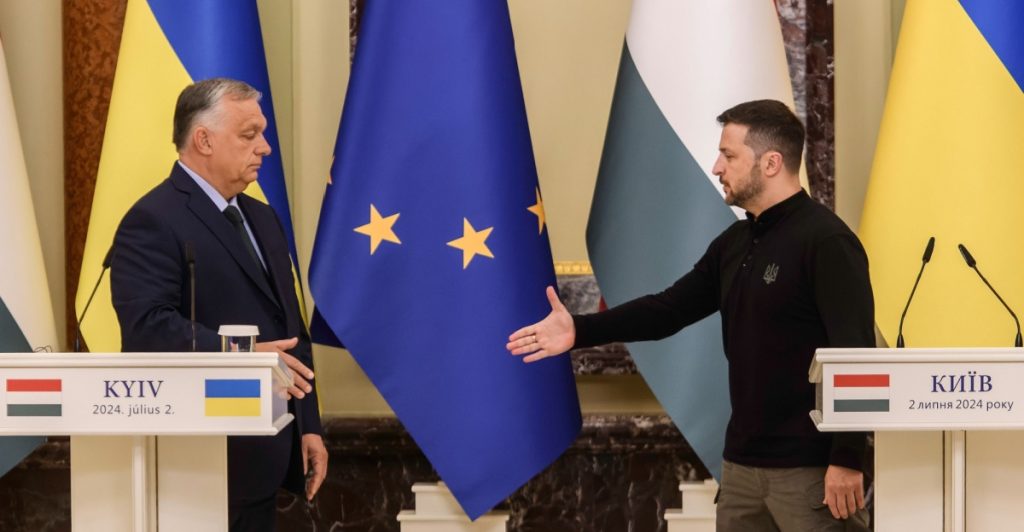
Hungarian Prime Minister Viktor Orbán declared in a surprise statement during a French media interview, that Russia lacks the military strength to launch an attack on NATO.
“They can’t even defeat Ukraine,” he said, rejecting the idea that Moscow poses a direct military threat to the alliance.
A Dramatic Shift in Orban’s Tone
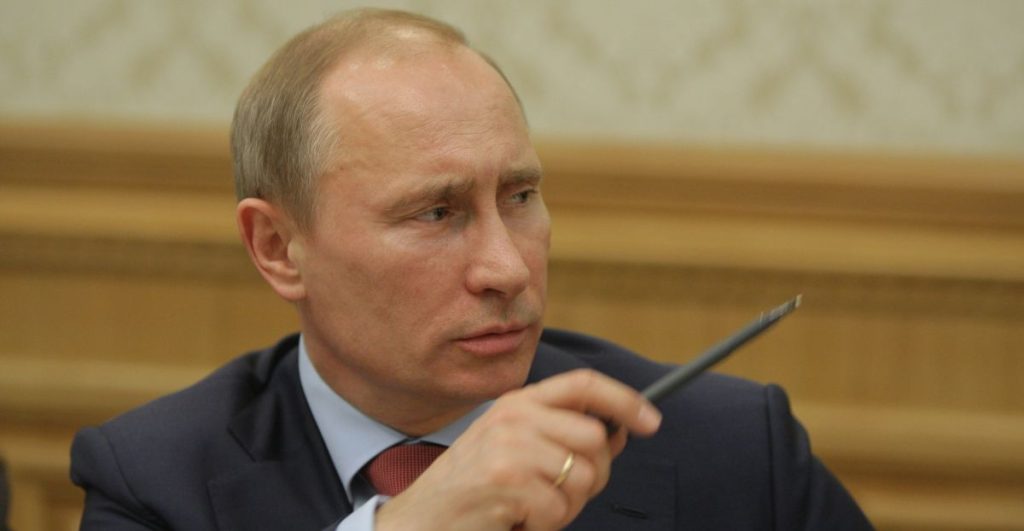
Orbán’s remarks represent a notable shift from his previously sympathetic stance toward Russia.
Also read
Known for his criticism of Western involvement in the war, the Hungarian leader had often argued that the West was provoking Moscow.
Now, he openly questions Russia’s ability to win even in Ukraine.
A Bold Assessment of Russian Power
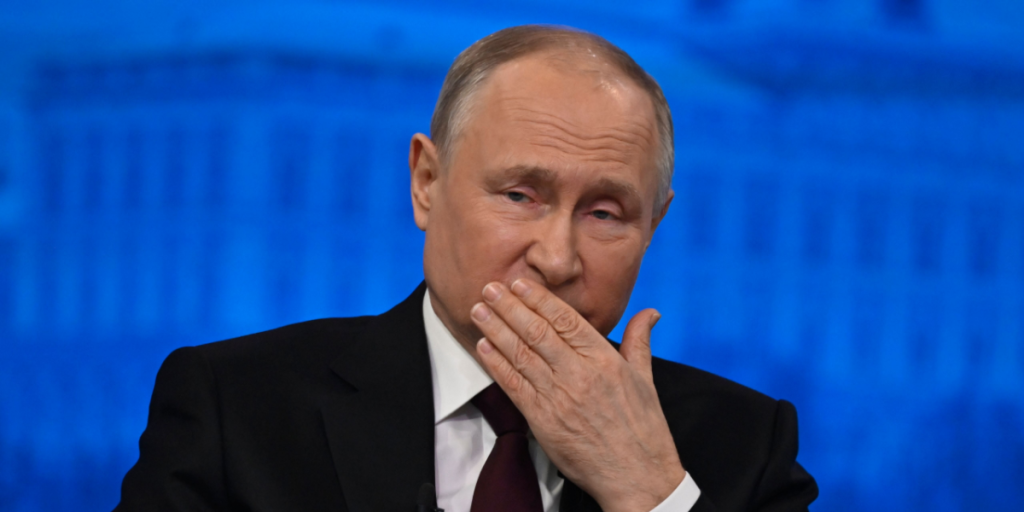
Pressed on whether he sees a growing risk of war in Europe, Orbán responded bluntly.
“The Russians are too weak for that,” he said. “They can’t even defeat Ukraine, so they can’t really attack NATO.”
His assessment starkly contrasts with more alarmist views in other European capitals.
What This Means for NATO
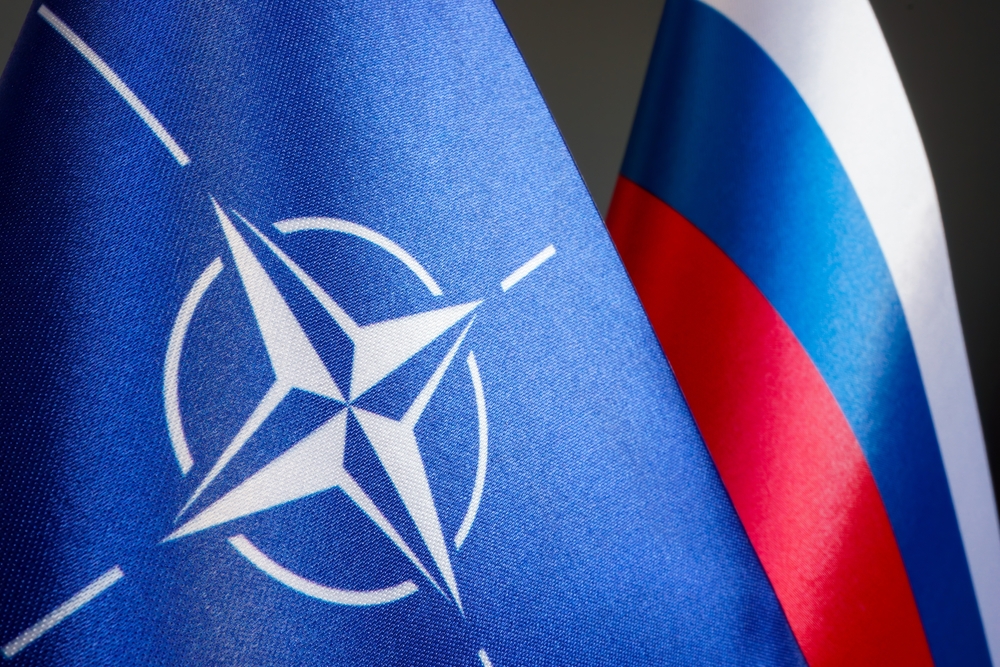
Orbán’s comments may provide some reassurance for NATO allies worried about escalation.
However, they also reflect deep divisions within Europe on how to interpret and respond to the ongoing conflict.
While many NATO members urge more support for Ukraine, Hungary appears to be shifting toward advocating for diplomacy.
Orbán: Ukraine Is Losing the War
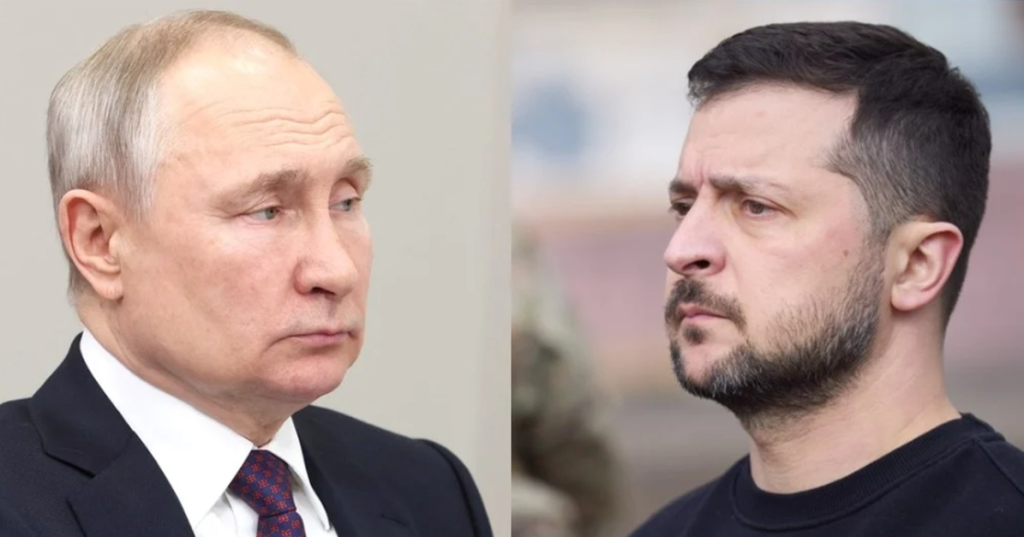
Despite calling Russia weak, Orbán insists Ukraine is not winning.
He said that real negotiations are needed, but not between Kyiv and Moscow.
“Ukraine is losing the war,” he stated, suggesting the only path forward lies in direct talks between Russia and the United States.
“Europe Is Too Involved to Negotiate”
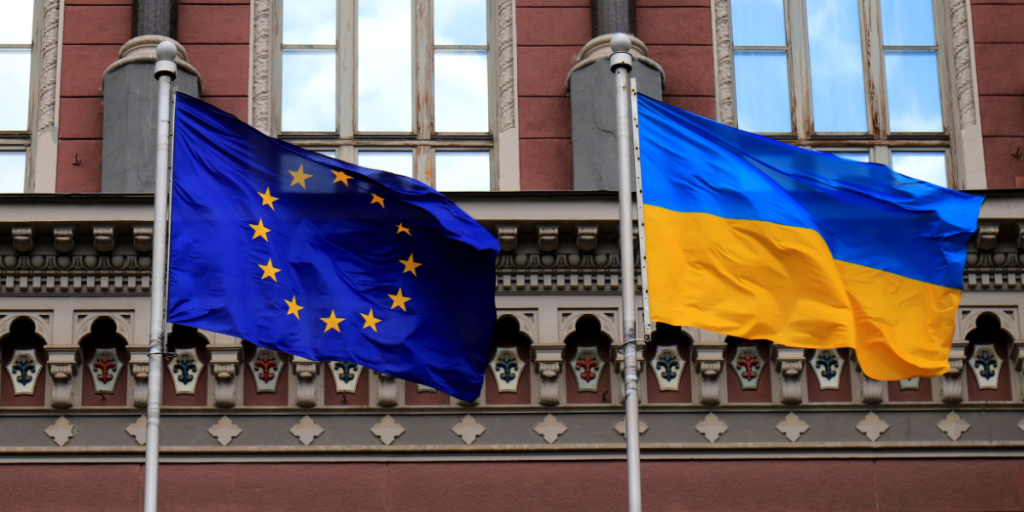
According to Orbán, Europe is no longer a neutral party in the war and cannot play the role of mediator.
“Neither Europe nor Ukraine will be able to reach an agreement with Russia,” he explained. “Europe is too involved in it.”
This position undercuts EU diplomatic efforts and leans into a US-Russia power dynamic.
From Russia Sympathizer to Skeptic?
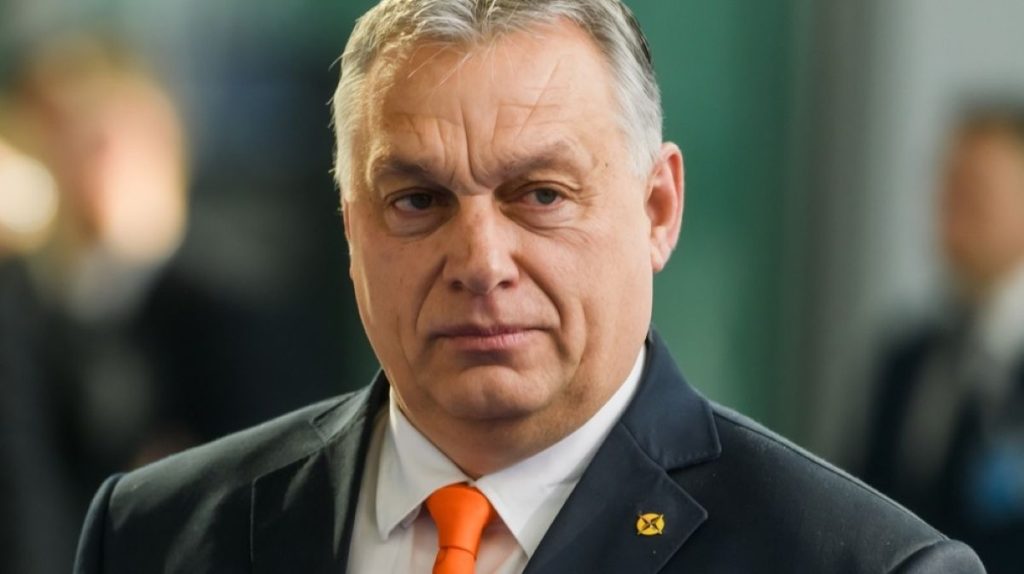
Orbán has long been seen as one of the Kremlin’s closest allies in the EU, often blocking or watering down sanctions.
His new rhetoric, calling Russia “too weak”, may signal either a genuine reassessment or a political calculation ahead of elections or shifting global alliances.
Orban’s Stage: France’s Far-Right Rally
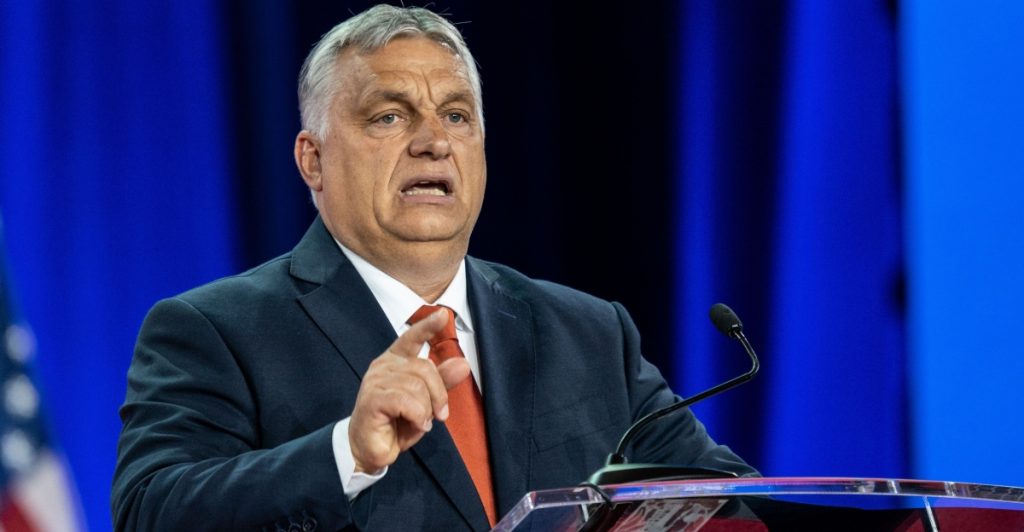
Orbán made the remarks while attending a nationalist rally in Mormant-sur-Vernisson, France, organized by the far-right Patriotes.eu party.
His appearance at the event also shows his alignment with Eurosceptic and nationalist movements across the continent, many of which are gaining traction.
Echoes of Trump-Era Realpolitik
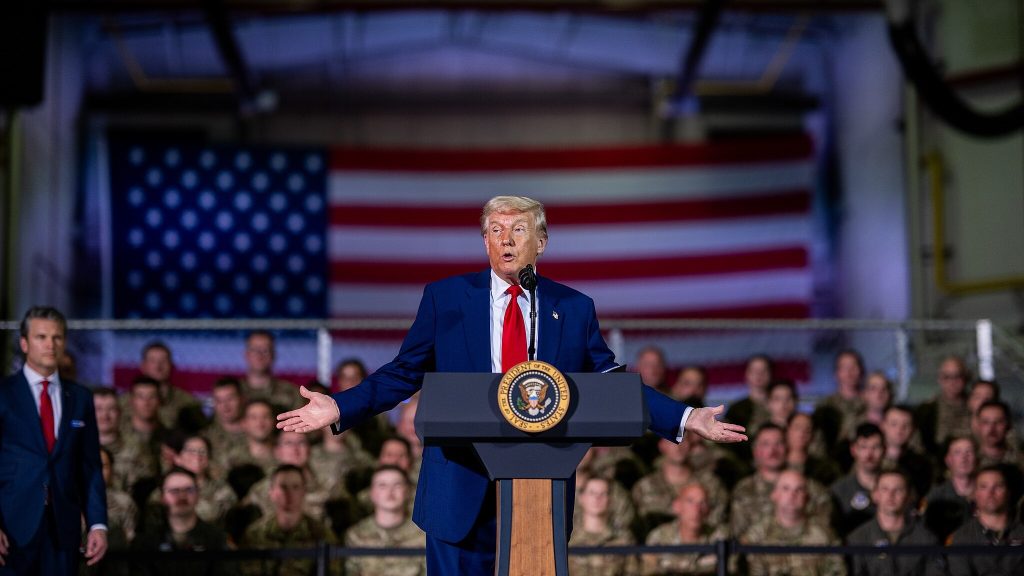
Calling for negotiations between global superpowers while sidelining Ukraine echoes Trump-era diplomacy, which emphasized direct engagement between great powers and often downplayed multilateral consensus.
Orbán’s vision appears aligned with this worldview.

